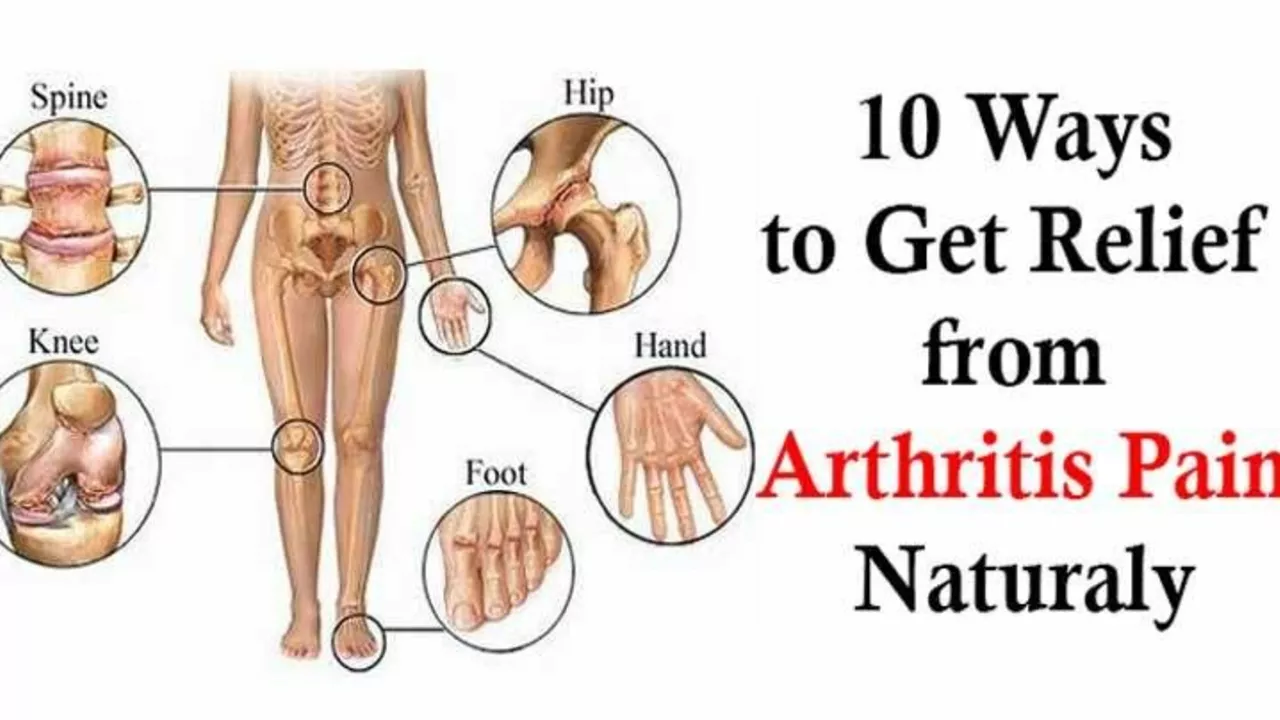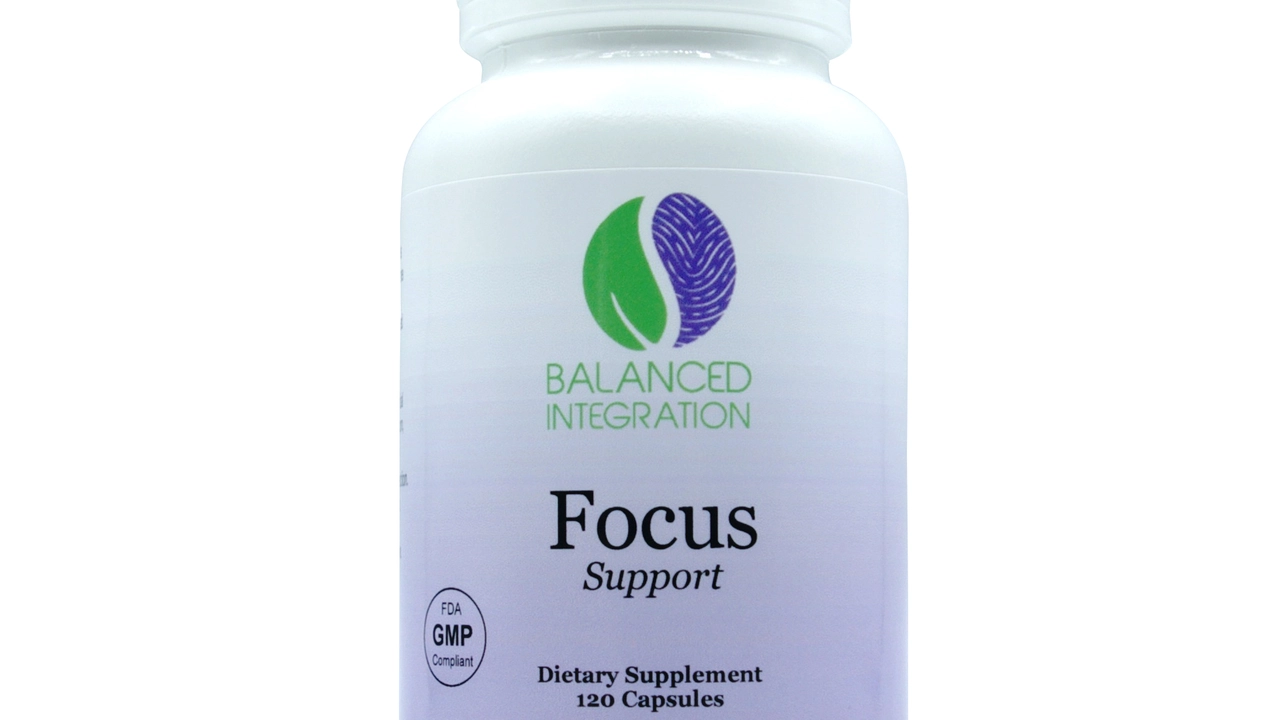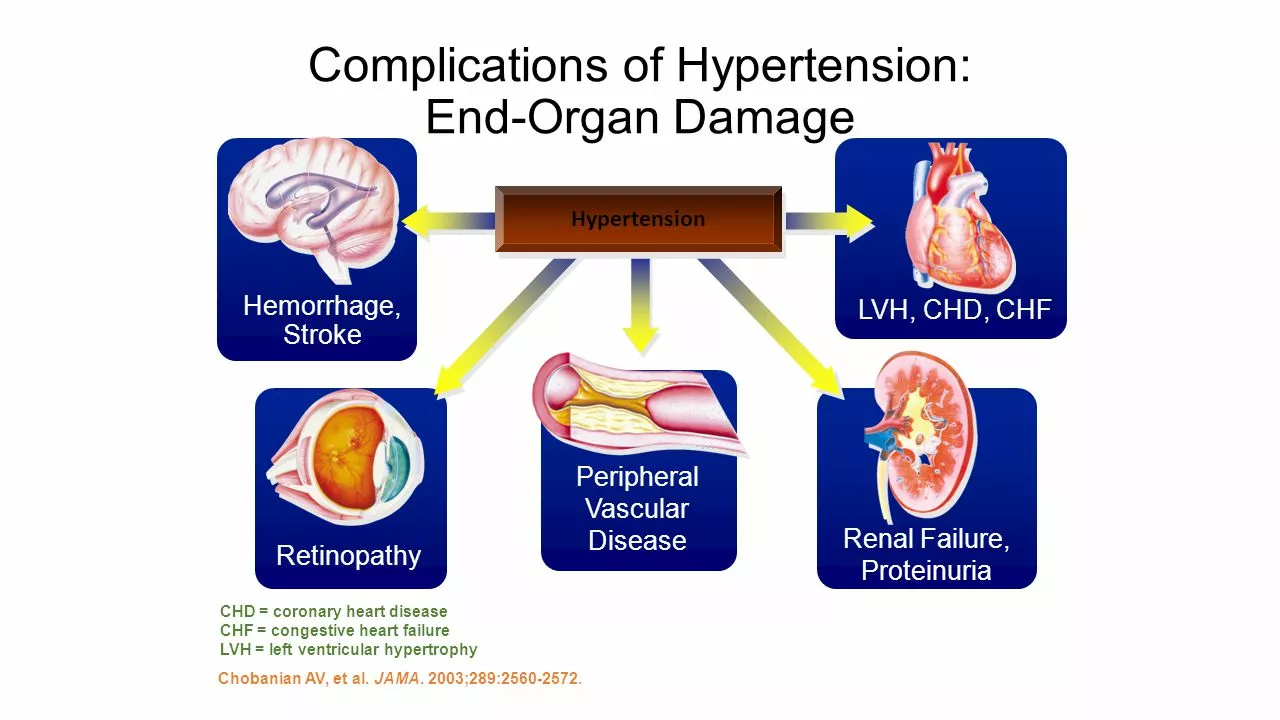July 2023 Health Archive — Practical meds, lifestyle tips and clear actions
You don’t need a medical degree to make smarter choices about everyday health. In July 2023 we published short, practical posts that hit real problems: preventing infections, managing heart rhythm issues, skin and joint links, workplace gout, a new supplement review, and safe blood pressure care. Here’s what matters and what you can actually do today.
Bacterial and vaginal infections got a lot of attention this month. Simple habits—regular hand washing, staying hydrated, getting enough sleep, and eating well—are the first line of defense against common bacterial infections. If you suspect a vaginal infection, avoid guessing: get a professional diagnosis before taking antibiotics. Wrong medicine or unnecessary use can make symptoms worse and raise the risk of antibiotic resistance.
Heart and blood pressure: smart complements, not replacements
We looked at atrial fibrillation and alternative therapies like yoga, acupuncture, and certain supplements. These can ease symptoms and improve quality of life, but they don’t replace doctor-prescribed treatments. Always tell your cardiologist about any alternative therapy you try. On hypertension, the focus was on combining azilsartan with lifestyle changes—healthy diet, steady exercise, and stress control boost medication effects and reduce side effects. Never change or stop prescription meds without a clinician’s OK.
Skin and joint health connected in a clear way this month. About 30% of people with plaque psoriasis may develop psoriatic arthritis. If you have psoriasis and new joint pain, book a checkup early. Early diagnosis slows damage and opens up treatment options that protect both skin and joints.
Gout at work was another practical topic. Flare-ups can hit during a busy week, but simple steps help you stay productive: identify food or drink triggers, keep an emergency plan for flare-ups, adjust your workspace for comfort, and talk with your manager about temporary changes when needed. Small adjustments stop pain from derailing your day.
We also reviewed Buttercup Dietary Supplement as a convenient nutrient boost. Supplements can fill gaps, but they’re not a shortcut for a decent diet. Check labels, watch for interactions with prescription meds, and ask your provider if a supplement makes sense for your specific needs.
Top actions to try this month
Start with basics: wash hands, sleep enough, and drink water. If you have recurring infections or new joint pain, get checked. If you’re trying yoga or acupuncture for AFib, keep your doctor in the loop. If on azilsartan, pair it with diet and activity and report any side effects. And before starting any supplement, confirm it won’t clash with your meds. Small, consistent steps matter more than big, sudden changes.
July’s posts were short, practical, and aimed at everyday problems. Use these tips as simple, realistic actions you can keep up—and talk to a healthcare professional whenever a concern feels more than routine.
Preventing and Managing Bacterial Infections: Tips for a Healthier Lifestyle
So, folks, I've been digging into how to dodge those pesky bacterial infections and manage the ones that still manage to sneak in. Turns out, it's much like a game of Pac-Man, where we're the little yellow guy trying to evade the ghosts of bacteria. Mighty hand hygiene is our super power pellet, helping us avoid these microscopic menaces! Eating well, getting plenty of sleep, and keeping hydrated is the equivalent of collecting those extra points. And if you do get hit with an infection, don't panic! There are antibiotics – they're our extra lives! The bottom line? Staying healthy isn't as hard as level 256 of Pac-Man, promise!
Atrial Fibrillation and Alternative Therapies: Are They Effective?
In my recent exploration of Atrial Fibrillation, a common heart disorder, I've delved into various alternative therapies and their effectiveness. Some of these non-mainstream treatments, like yoga, acupuncture, and herbal supplements, show promise in managing symptoms and improving quality of life. However, it's crucial to remember that they aren't replacements for traditional medical care. Research is ongoing, and while some findings are encouraging, the results are mixed. Always consult with a healthcare provider before starting any alternative therapies for Atrial Fibrillation.
The Connection between Plaque Psoriasis and Joint Pain
In my recent exploration, I've discovered a fascinating link between plaque psoriasis and joint pain. It turns out, nearly 30% of people with plaque psoriasis also develop a condition known as psoriatic arthritis, which is characterized by joint pain. Moreover, psoriasis inflammation doesn't just affect the skin but can also impact the joints leading to discomfort and pain. It's critical to consult with a healthcare professional if you're experiencing joint pain along with psoriasis, as early diagnosis and treatment can help manage the symptoms. This connection emphasizes the complexity of psoriasis and its impact beyond skin symptoms.
Why Buttercup Dietary Supplement is Your New Must-Have for a Balanced and Nourishing Lifestyle
In my quest to lead a balanced and nourishing lifestyle, I've found Buttercup Dietary Supplement to be my new essential. This powerhouse product is packed with nutrients and vitamins that our bodies need to function optimally. It's more than just a supplement, it's a game-changer that boosts overall health, improving our energy levels, strengthening the immune system, and supporting mental clarity. If you're on a journey towards a healthier lifestyle, Buttercup Dietary Supplement should definitely be on your radar. Trust me, your body will thank you.
Vaginal infections and the use of antibiotics: What you need to know
In my latest blog, I delve into the common issue of vaginal infections and the role of antibiotics in treatment. I discuss the different types of infections, such as bacterial vaginosis and yeast infections, and how they can be effectively treated with antibiotics. I also touch on the importance of proper usage of these medicines and the potential risk of antibiotic resistance. I emphasize the need for a professional diagnosis before starting any treatment, as self-diagnosing can lead to more harm than good. Lastly, I stress the importance of maintaining good vaginal health to prevent these infections.
Gout in the Workplace: Managing Symptoms and Staying Productive
In my latest blog post, I delve into the challenges of managing gout symptoms while maintaining productivity at work. Gout can be a crippling condition, but with the right strategies, it doesn't have to hinder your performance. I outline ways to manage flare-ups, from lifestyle changes to medication, and how to communicate with your colleagues about your condition. I also provide tips on adjusting your workspace for optimal comfort. The goal is to empower those with gout to continue thriving in their careers.
How to Safely Combine Azilsartan with Lifestyle Changes for Hypertension Management
Managing hypertension can be a bit of a challenge, but with the right approach, it's definitely doable. I've discovered that combining the use of Azilsartan with certain lifestyle changes can make a huge difference. It's all about maintaining a healthy diet, regular physical activity, and minimizing stress. However, it's crucial to take Azilsartan under medical supervision as it can have side effects. Remember, consistency is key and it's about balancing medication with lifestyle adjustments in a safe manner.












